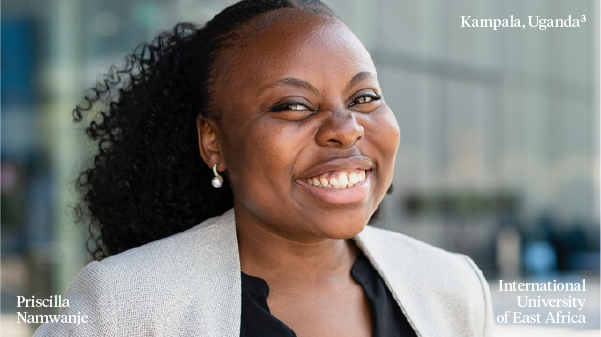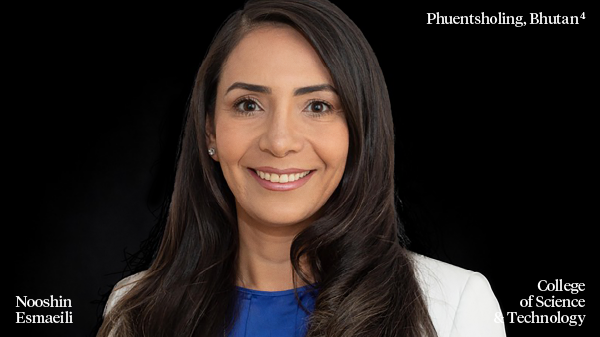The aim of the OBEL AWARD Teaching Fellowships is to bring the professional and academic realms closer together by enhancing the debate and learnings of the themes of the award. These themes reflect pressing issues and express the potential of architecture and design to positively impact our built environment.





The aim of the OBEL AWARD Teaching Fellowships is to bring the professional and academic realms closer together by enhancing the debate and learnings of the award theme chosen within that year.
The Fellowship will support the teaching of a new course or courses within an official program at an accredited academic institution.
Illustrating the goal of bringing new voices into academia, t thus showing dedication to and support of the objectives of the OBEL AWARD.
The parameters for the inaugural cycle of the fellowship looked for new university subjects on well-being and architecture, and seminal ideas for cities (themes for the OBEL AWARDs in 2019 and 2021).
In order to vie for a grant of up to 75,000 Euros each, potential fellows from anywhere in the world must submit applications jointly with a host institution based in Latin America, Southeast Asia, and Africa.
In 2023 we received applications from 19 different countries. The winners of the first cycle will teach at two universities in Africa (Nigeria and Uganda) one in Latin America (Chile), and one in SE Asia (Bhutan).
Jesper Eis Eriksen, the executive director of the Henrik F. Obel Foundation said, “ we are always looking towards the future and how we might contribute new knowledge in response to the many challenges facing our built environment. Supporting quality education is a key concern of the foundation and all our programs.”
RECIPIENT 1: A research studio that addresses the past, the present, and the future of “Mina Invierno” understood from its regional impact, will be taught by Spanish architect Laia Celma at the Pontificia Universidad Católica de Chile. The interdisciplinary connections and different scales to be dealt with in the two courses proposed by her are in line with the concerns and approach of the OBEL AWARD.
RECIPIENT 2: With the overall title, “New Alternative Nigerian Architecture: Responsive and appropriate contemporary design for the Tropics”, Adeyemo Shokunbi will teach at Yaba College of Technology in Lagos, a course over two semesters on well-being through architecture that is centered on critical design thinking for climate and culturally responsive building. Shokunbi is a practicing architect who returned to Nigeria in 2006 after having studied and worked abroad.
RECIPIENT 3: Priscilla Namwanje holds a bachelor’s degree in architecture from Makerere University Kampala, Uganda, and more recently a master’s from TU Delft. She has undertaken impressive research, worked with various firms in Kampala, and been recognized as 1st Prize winner Holcim Foundation Awards, Next Generation – Middle East & Africa. Through her work and course at the International University of East Africa, she will contribute to a new language and approach to understanding African cities
RECIPIENT 4: Nooshin Esmaeili is based in Calgary, Canada where she earned a master’s in architecture in 2011 and is currently a PhD candidate. She will teach an undergraduate studio course at the College of Science and Technology in Bhutan reflecting the idea that Bhutanese rural settlements play a crucial role in shaping well-being in architecture by intertwining the built environment with natural surroundings, fostering a sense of community, and promoting sustainable living.
All winning fellows will share their curriculum and results with the Henrik F. Obel Foundation and these will form an open library for other academic institutions and faculty to share the experiences and extend the learning beyond the grant year and physical location.
Upcoming 2024 Edition
The 2024 OBEL AWARD Teaching Fellowship program will again require a joint application between a potential fellow (who must come from outside of the university in question) and will focus on the themes of cities or adaptation.
The potential candidate universities for the in 2024 edition will be located in Australia and countries primally in South Asia. Full information will be published in the spring of 2024.

